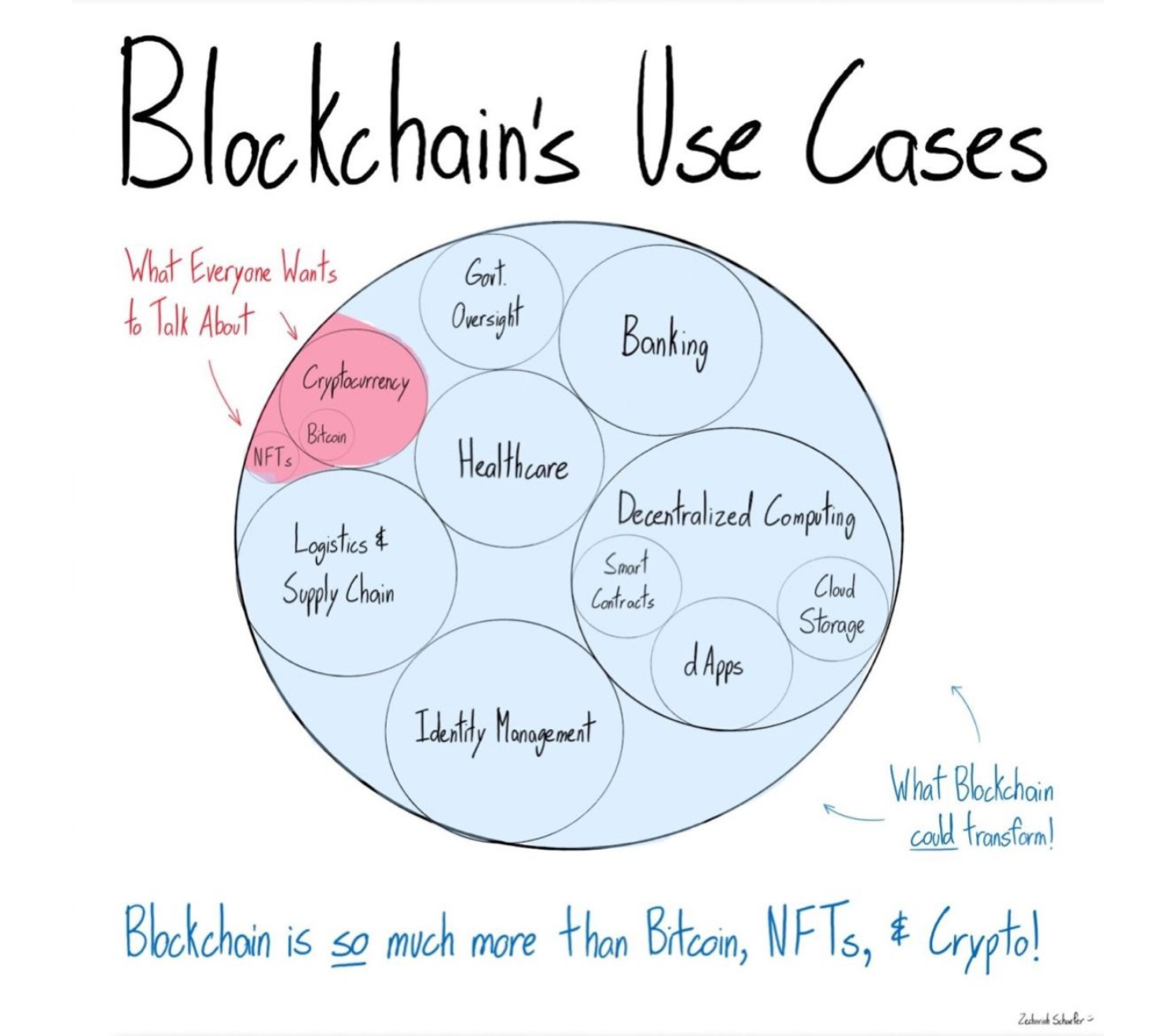EU TECH -
Ethics/Rights and Inclusion
The acceleration of the digital transition experienced over the last years has shown that the digital divide is another factor of exclusion that is added to traditionally disadvantaged groups. At the same time, we are confronted with new ethical challenges and citizen rights.
To address this topic, the EU Tech Chamber (EUTECH) Smart Cities Alliance organized a webinar on November 01, 2022. The topic under discussion was, “Inclusion, Rights, and Ethics at the Core of the Digital Transition”.
The webinar started off with a short overview of the organization and a formal introduction of the three panelists by our moderator, Mr. Frederik Tchounguiwho is also the coordinator of the Smart Cities and Digital Transformation Alliance.
The webinar started off with our first panelist, Ms. Patricia Monthé (She/Her), Founder and CEO at MEDx eHealthCenter B.V. Second in line was Mr. Paul Elung'at, Director Business Development at xVentures Technologies OU. The third speaker for today’s webinar was Mr. Sahid Sesay, Founder and President of Smart Connect IoT.
While discussing some key challenges for the digital divide, the speakers emphasized on the importance of data privacy. Some of the key problems that were discussed were generational problems, geographical problems, political interests, and cultural and social problems.
The panelists focused on the generational problems and compared the differences in the importance of data privacy for people of different generations i.e., Gen Z, Millennials, Gen X and Boomers. Apart from that, another importance point debated on the webinar was the political interest and government policies in different parts of the world.
Digital transformation has made it difficult for policymakers to define a clear path for companies and citizens who are actively involved and have learned about the transformation process.
Find the deck shared by our founder here
By EU TECH team





